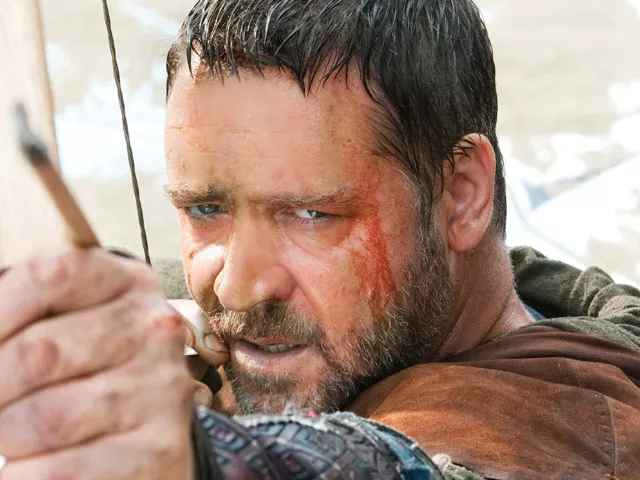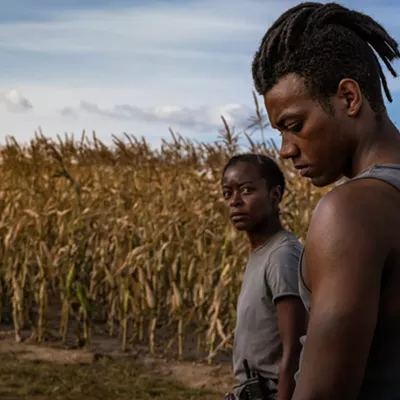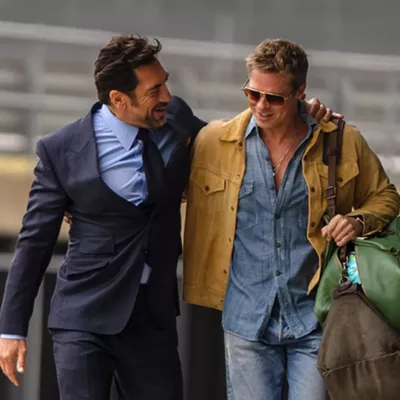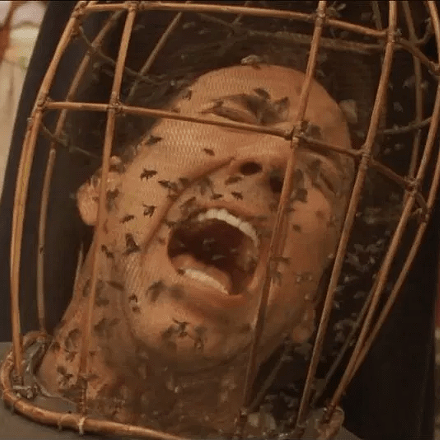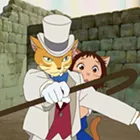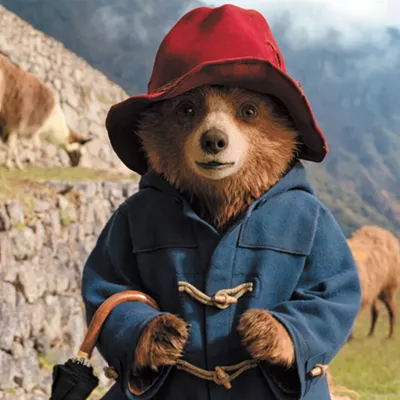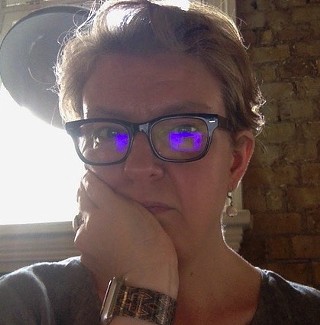How can it be that my geeky little heart has been ripped from my chest and my geeky little soul crushed underfoot like so much spilled popcorn on the floor of the multiplex? That wasn’t supposed to happen. Robin Hood was supposed to be awesome. Did not Russell Crowe and Ridley Scott implicitly promise me awesome with their Gladiator-in-Sherwood-Forest movie? Did they not promise me something potently masculine and powerfully engaging and, you know, at least a little bit pertinent amid the blood and the guts and the medieval glory?
I’m onboard with the idea of a “realistic,” “historically accurate” telling of the man before the hood. This ain’t it. Oh, it may be mostly historically accurate, but emotionally accurate it is not. There is no passion here, in what is one of the greatest love stories ever told; no anger, in what is supposed to be a tale about injustices righted and tyrants tamed; no longing, no regret, not even more than the tiniest rumors of humor. No nothing.
It starts off promising, and with hints that this hero will be a more complicated man than we might have expected. Robin Longstride (Russell Crowe) is a “common archer” in King Richard’s army, until he deserts, impersonates a knight, and engages in a few other acts that seem rather more expedient than a noble figure of legend might get up to. But there are other, less promising hints of what’s to come: An English soldier, Godfrey (Mark Strong), is in cahoots with the French king (Jonathan Zaccai), planning an invasion of England; King Richard’s brother, Prince John (Oscar Isaac), is storming around in a perpetual snit over matters of succession; Marian Loxley (Cate Blanchett), lady of the Nottingham manor Peper Harow, is contending with a roving band of feral-child thieves who hide in Sherwood Forest.
Scriptwriter Brian Helgeland has crammed a television season’s worth of plot and character into one comparatively small movie: this is a 26-hour narrative, not a two-and-a-half-hour tale. This isn’t supposed to be the kind of story in which villainy is it own explanation — it’s more “serious” than that — but Godfrey is a complete mystery: Who is he? Why did he turn traitor? Would a “common archer” such as Robin Long stride be literate, as we clearly see he is early in the film? So much for historical accuracy. And then his character gets “resolved” in a wildly improbable “surprise” revelation that is ridiculously coincidental and then left entirely unexplored and unexplained. Perhaps the worst instance of the rush to get through this overly stuffed movie is how it elides right over the romance: Robin, impersonating the dead Sir Robert Loxley with the complicity of his father, Sir Walter (Max Von Sydow), for the sake of the continuity of manor life, is suddenly in love with Marian, Loxley’s widow (also in on the impersonation scheme), and she with him — at least, when the moment calls for it.
I don’t think it’s too much to expect that I should fall in love with Robin and Marian as a couple, too. It’s not the fault of Crowe and Blanchett that we can’t: They both have moments, separately and together, that suggest the power and the passion that both of them always bring as actors to their performances. But they’re not allowed to create living characters here. There’s simply no room for it.
Robin Hood looks great, shot in authentic English locations with a handsome cast and spectacular battle sequences. But it’s all in aid of nothing: nothing to say, nothing to feel.

